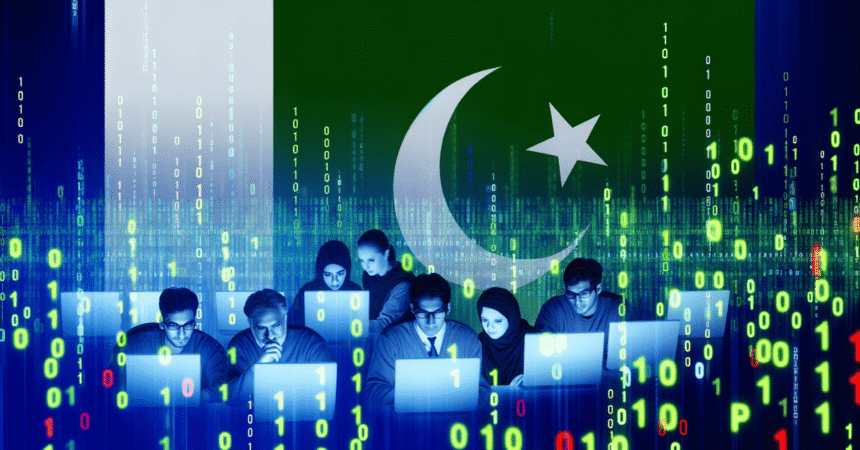Pakistan’s government has implemented a mysterious firewall, causing internet outages and disruptions across the country. This move has sparked outrage among citizens, freelancers, and e-commerce businesses, who rely on the internet for their livelihood.
The firewall is reportedly being implemented in the name of cyber security, but the government has failed to provide transparency about the nature of the threats it’s trying to protect against. IT Minister Shaza Khawaja has denied any government involvement in internet blockades, despite evidence to the contrary.
This move is part of a global trend of nations building their own versions of the internet, with Russia and China leading the way. However, Pakistan’s attempts to create a “splinternet” are likely to fail, given its weak technological infrastructure and lack of a steadfast governance model.
The internet is a fundamental human right, essential for businesses, education, and daily life. By restricting access, the government is not only violating citizens’ freedoms but also risking the economy, with potential losses of $300 million and the relocation of multinational corporations.
Academics have long explored the need for internet moderation, but Pakistan’s approach is heavy-handed and misguided. Instead of trying to control the internet, the government should focus on creating a safe and secure online environment that allows citizens to innovate and grow.
#Pakistan #InternetFreedom #Firewall #CyberSecurity #HumanRights







